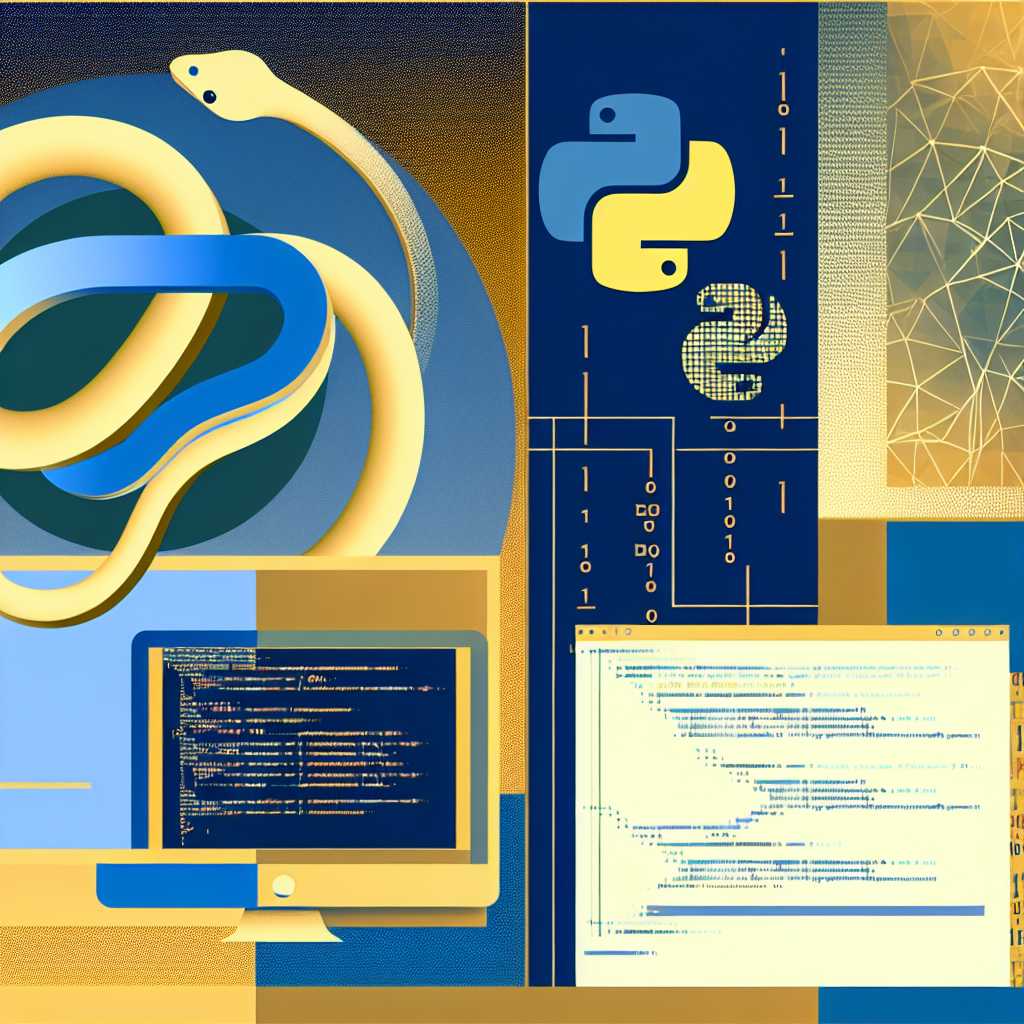Python, a versatile and powerful programming language, has been gaining popularity due to its simplicity and readability. Whether you’re a seasoned developer or a beginner just stepping into the world of coding, Python offers a welcoming environment that fosters learning and innovation. Today, we’ll explore the foundations of Python,
a language loved by developers worldwide, and a few reasons why you might want to get started with it too.
Why Python?
Python’s syntax is clear and intuitive, similar to writing human-readable English. This makes it an excellent choice for beginners who want to focus on programming concepts rather than getting bogged down by complex syntax. Python is also incredibly versatile, used in web development, data science, artificial intelligence, scientific computing, and even games! This means that once you learn Python, you can apply your skills to a range of different projects and industries.
Setting Up Your Python Environment
Before writing your first line of Python code, you need to set up your development environment. Firstly, download and install Python from the official Python website. Python comes bundled with IDLE, a simple Integrated Development and Learning Environment to start writing and testing your code. However, many developers prefer to use more feature-rich environments like PyCharm or Visual Studio Code, which offer advanced features like code suggestion and debugging tools.
Writing Your First Python Program
Let’s write a simple Python program to output ‘Hello, World!’. This is a tradition when learning new programming languages.
# This is a simple Python program
print("Hello, World!")
Save the file with a .py extension and execute it by opening your terminal or command prompt, navigating to the file’s directory, and running python filename.py. You’ll see ‘Hello, World!’ printed out as a result, and voila, you’ve just written your first Python program!
Exploring Python Libraries
One of Python’s major strengths lies in its vast collection of libraries, which allow you to perform complex tasks with minimal code. Whether you’re interested in data analysis with libraries like Pandas and NumPy, or game development with Pygame, there is a Python library that can help you reach your goals faster.
Conclusion
Learning Python opens up a world of possibilities, allowing you to bring your ideas to life in multiple domains. Its simplicity, coupled with the support of a vibrant community and a plethora of resources, makes Python an ideal language to start your programming journey.
Happy coding!
Let me know your thoughts on this subject or any other Python topics you’d like to learn about in the comments below. I’m excited to help you explore the fascinating world of Python!


Leave a Reply